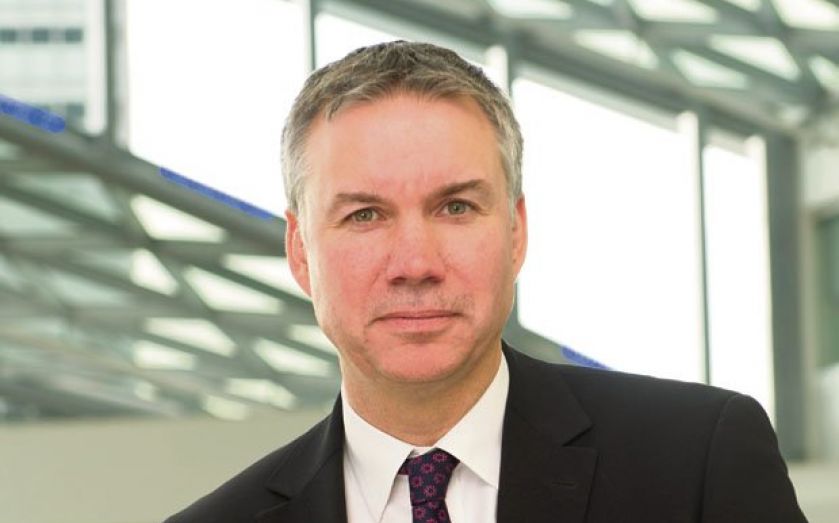Co-op loses control of its bank in new rescue deal

THE CO-OP will lose control of its banking unit in a new deal set to be unveiled in the coming days, after investors pushed the troubled group for more of the bank’s ownership.
The bank has to plug a £1.5bn capital hole, with £1bn coming from the group and £500m from hitting investors. As part of the original plans the bank would be floated on the stock market, with the group keeping about 70 per cent ownership.
But hedge funds who own much of the debt have pushed for a better deal and have forced the group down to 30 per cent, making it the biggest single shareholder – but not majority owner.
Retail investors are expected to be offered a new set of bonds offering an income stream, rather than the shares originally on offer.
“We have to build a fair and attractive proposal for small investors and I am confident that we have done this,” said group chief Euan Sutherland.
However, bondholders remain cautious as full details are not available.
“On the face of it, these are pretty aggressive US hedge funds taking control of the bank, and they might not be sympathetic to the needs of pensioners below them in the capital structure,” said Mark Taber, a fixed income investor and campaigner, though he welcomed moves to give investors bonds instead of shares.
“But this appears quite similar to proposals we put forward and could work.”
Changes could also occur on the board of the bank, which currently features several Co-op Group directors – the Co-op would not confirm if Euan Sutherland will remain on the bank’s board when the new setup is in place.
Meanwhile the bank announced it has to pay another £105m to cover customer conduct costs and charges, including higher PPI compensation payments and to cover more bad loans.
WHY IS SUTHERLAND SO KEEN TO KEEP THE BANK?
The Co-operative Group is desperate to keep hold of its bank at all costs – even spending £1bn to hold on to just 30 per cent of the equity in the lender that bears its name.
Chief executive Euan Sutherland has been adamant from the start that the bank would remain in group hands, and other parts of the group would have to go if need be to focus on that goal.
He hopes to raise around £500m to finance part of the deal by selling off the Co-operative’s insurance units. The general insurance arm could raise even more than that if the group is lucky.
Only the food and funeral businesses look safe, as they are even more fundamental to the group’s brand.
Looking through the finances before the bank’s recent woes, it can be seen why it is so determined to hold onto the bank – even just a 30 per cent stake.
Back in 2011 the food business brought in revenues of £7.34bn – more than three times the £2.21bn revenues from the bank.
But in terms of underlying profits the food unit made £318m, less than double the bank’s £176m.
That is not to say the food business is a bad one – far from it, the Co-operative supermarket has held a very steady 6.6 per cent or so of the market for several years now, after expanding by acquiring Somerfield.
But it does show the extraordinary profitability of the bank relative to the rest of the group. And at a time when bigger banks have had to cut back and consumer service is a new industry focus, it should be in a good position to grow, once it is past its current woes.
On top of that, Sutherland keeps stressing the Co-op’s historic moral mission as an ethical alternative in the market. It will be harder to keep that image now hedge funds are big owners of the bank, but perhaps the chief really does believe in the importance of mutual values in the finance sector.